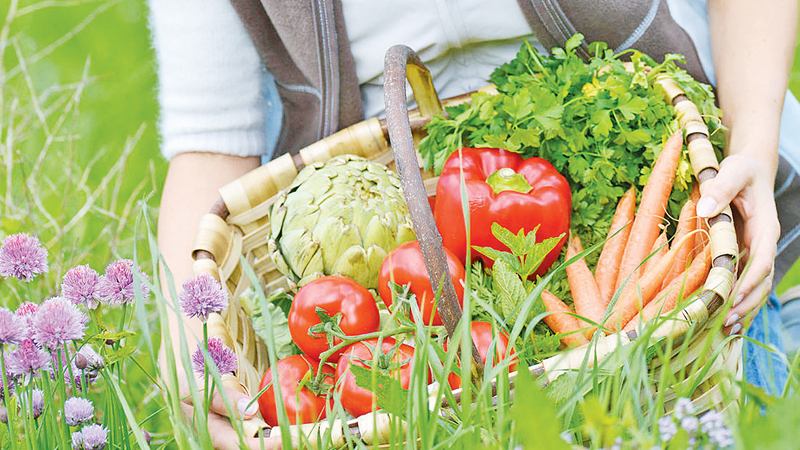With food prices expected to continue to rise in the near future, more homeowners are turning to veggie gardens to offset the price of groceries. For those who are new to gardening – or at least new to food gardening – here are six vegetable gardening tips to get you started.
01. Let there be light – Most veggies, especially those that bear fruit (tomatoes, cucumbers and peppers for example) need sun, and a lot of it. Ideally, you want a site with at least eight hours of direct sun per day. In less light, you can still grow some edibles; mainly leafy crops and herbs.
02. Soil is everything – Healthy, rich soil is the key to a successful and productive vegetable garden, so don’t skip this step! A soil test will give you an idea of your existing soil fertility and pH, and offer suggestions of what types of fertilizers or amendments will get your plot up to par.
03. Keep it small – A vegetable garden can be low-maintenance, but it’s not no-maintenance. Therefore, do yourself a favour and stick to a small plot for the first year or two. A 4 by 8 foot bed is ideal for a starter veggie garden and will give you enough space to grow a handful of crops. If you wish to start even smaller, try planting container-friendly veggies and herbs in pots or window-boxes on a sunny deck.
04. Pick your plants – With your first veggie garden, it’s very tempting to want to grow everything! But, you should pick four to five types of vegetables and grow them well. Trying to cram too much in a compact space is asking for trouble and you’ll end up with a smaller, not larger harvest.
05. Bring on the blooms – Most bugs are your friends. To attract bees, butterflies, tachinid flies, ladybugs and boost crop pollination include clumps of insect-friendly plants like sweet alyssum, zinnias, cosmos, and sunflowers between the veggies and herbs.
06. Water, weed and feed – Newly seeded beds will need frequent watering, but most established crops can get by on one to two inches of water per week. To conserve water and reduce the need to irrigate, mulch your soil with several inches of straw or shredded leaves. - Savvy gardening



Add new comment